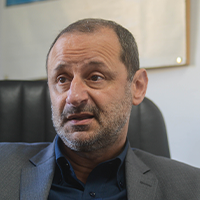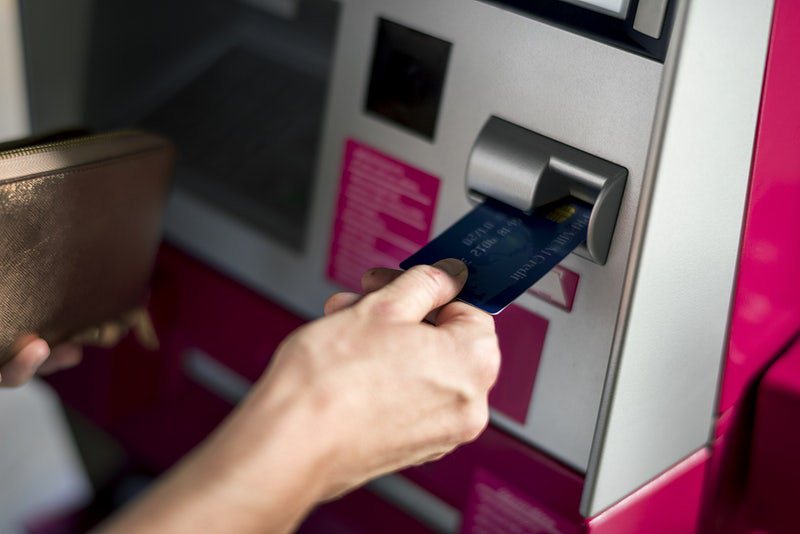
By Prof. Godfrey Baldacchino, Professor of Sociology, University of Malta
In 2007 and again in 2018, scholars Bernard Poirine and Geoff Bertram undertook a wide-ranging review of the economic prospects of small island economies around the world. They concluded that a healthy mix of tourism and financial services as the economic bedrock for small island states and territories was an attractive and feasible proposition. Such an arrangement would maximise value-added, usurp dependency and excessive specialisation, and nurture a relatively skilled and well-paid labour force. With the onset of COVID-19, we have witnessed the partial wisdom of this advice. Worldwide, international tourism has plummeted to depths never seen before, and is likely to operate at near-zero levels for some time; while financial services (including on-line gaming) have plodded on, helping to keep people at work and national economies afloat.
The caveat is that 21st century financial management comes with many strings attached, since the international community has become nervous about the circulation of dirty money, the lucre of criminal activity, and is keen to stamp out, or otherwise shame and blame, those jurisdictions that do not live up to determined international benchmarks and standards of clarity, scrutiny and probity.

The Maltese archipelago has benefitted from a long history and associated culture of banking and associated industries and trades (including insurance, accounting, auditing and legal services). The evolution of banking and financial services in Malta corresponds neatly to our predicament and historical destiny as an entrepôt island state. Malta found itself as a regional, even cosmopolitan, hub for trade and commerce, and where differences of religion, language and culture melted and melded in the common pursuit of profit. Luckily, this happened at a time when the Mediterranean region was a much more fluid and freely navigable place than it is today. No wonder the second most important thoroughfare in our capital city is called Merchants Street: mercantilism, especially in the context of the British Empire in the 19th century, ushered in a local, English-speaking middle class with continental consumption patterns. These were self-made men (men, indeed), thriving off commerce (and not manufacturing), with no aristocratic or ecclesiastical pedigree. They became the rump of the local powerful commercial class (whereas other countries saw the emergence of an industrial élite).
Banking becomes an organic fit to a small country whose aspirations include serving foreign powers and corporate interests much larger than its own. Here, reputation is everything. The smooth circulation of money is only possible when based on foundations of trust and fulfilled expectations. No wonder banks go out of their way to exude investor confidence. Malta has done well out of its ability to attract and retain foreign capital of all sorts, from material to digital, and Blockchain and Crypto may yet beckon. Its favourable tax rates mean that, in an act that seems to defy logic, Malta recoups more taxes by having relatively low tax rates. Watch this space.
Godfrey Baldacchino is Professor of Sociology at the University of Malta. Since October 2016, he is serving as Pro Rector (International Development and Quality Assurance) at the University of Malta.

